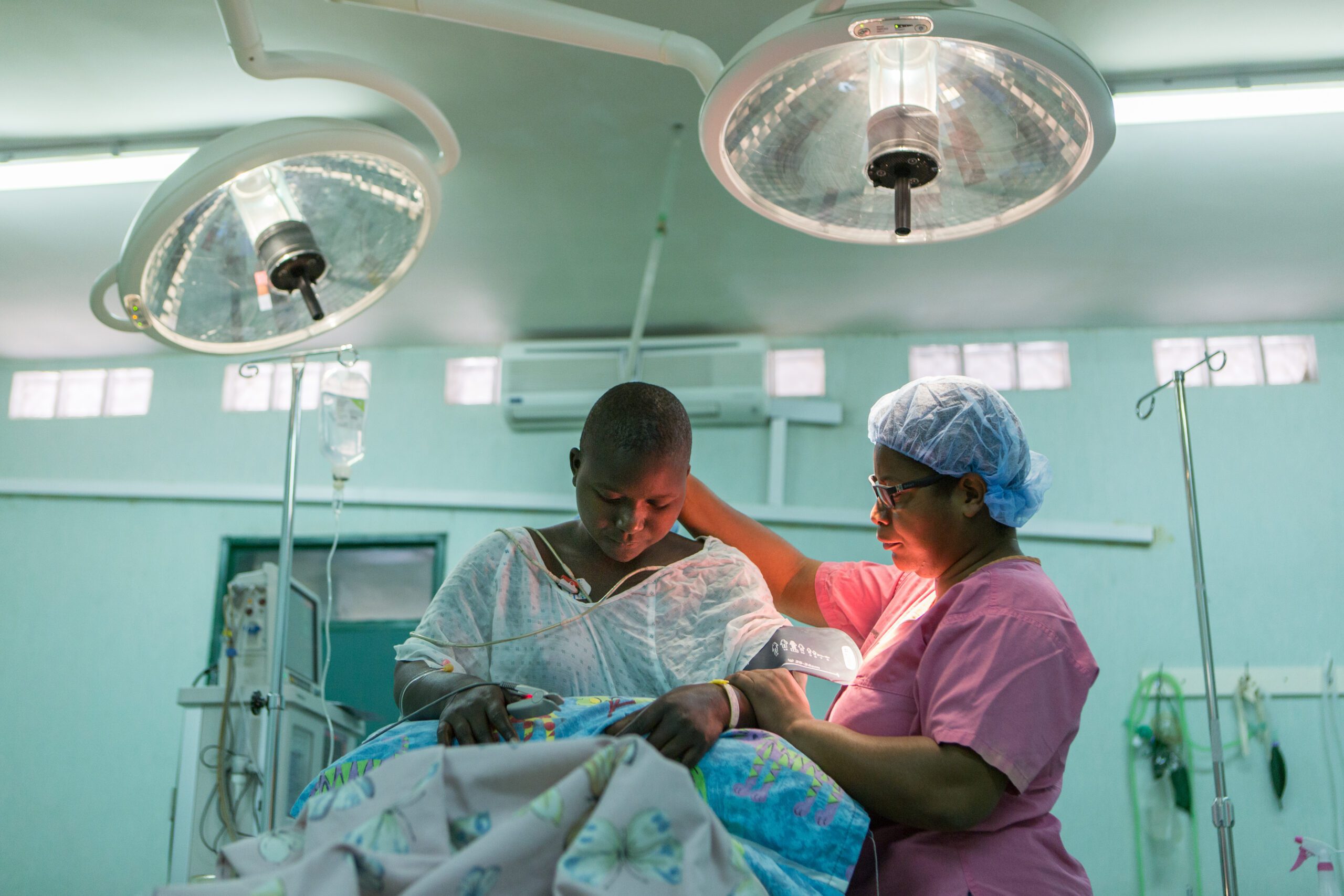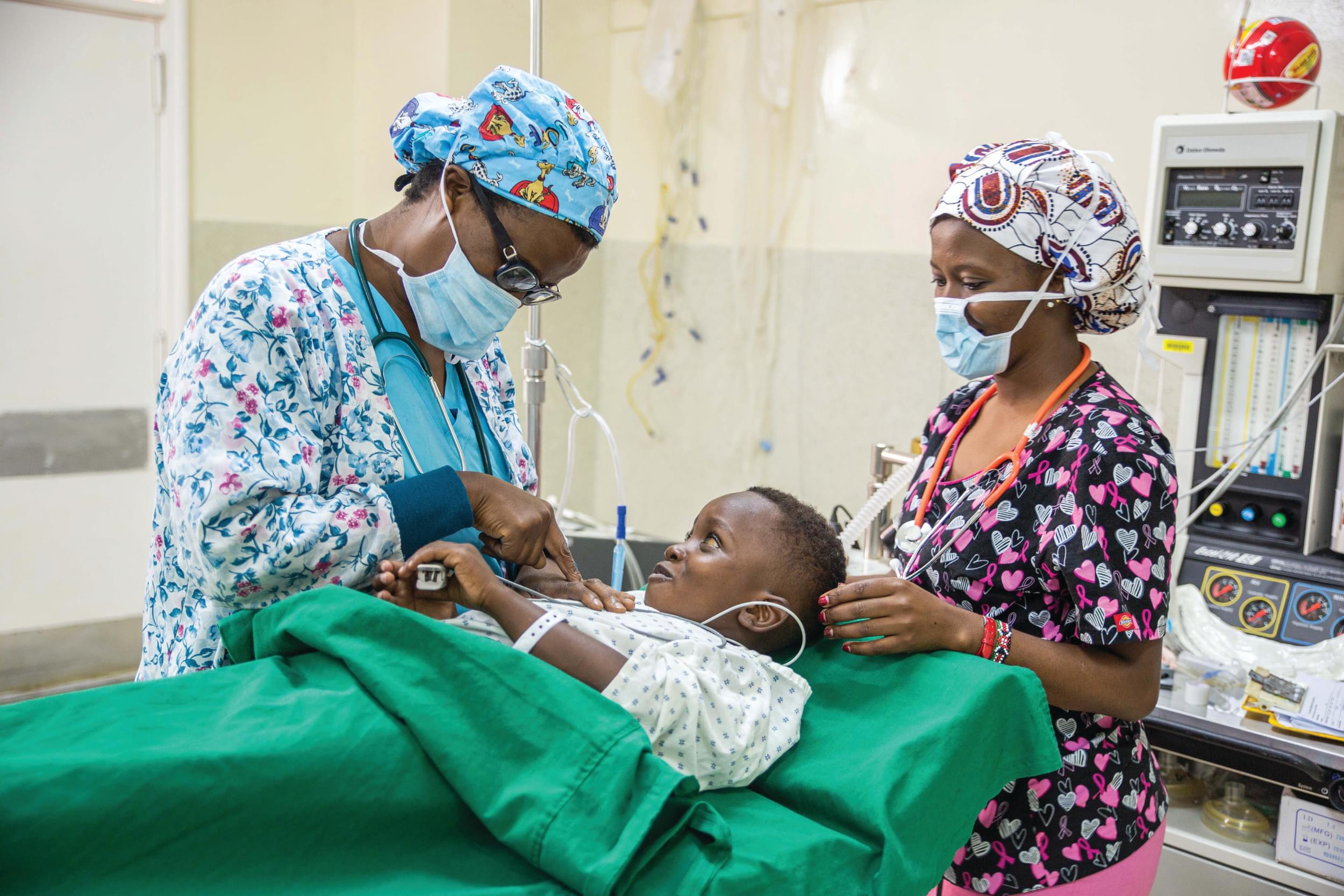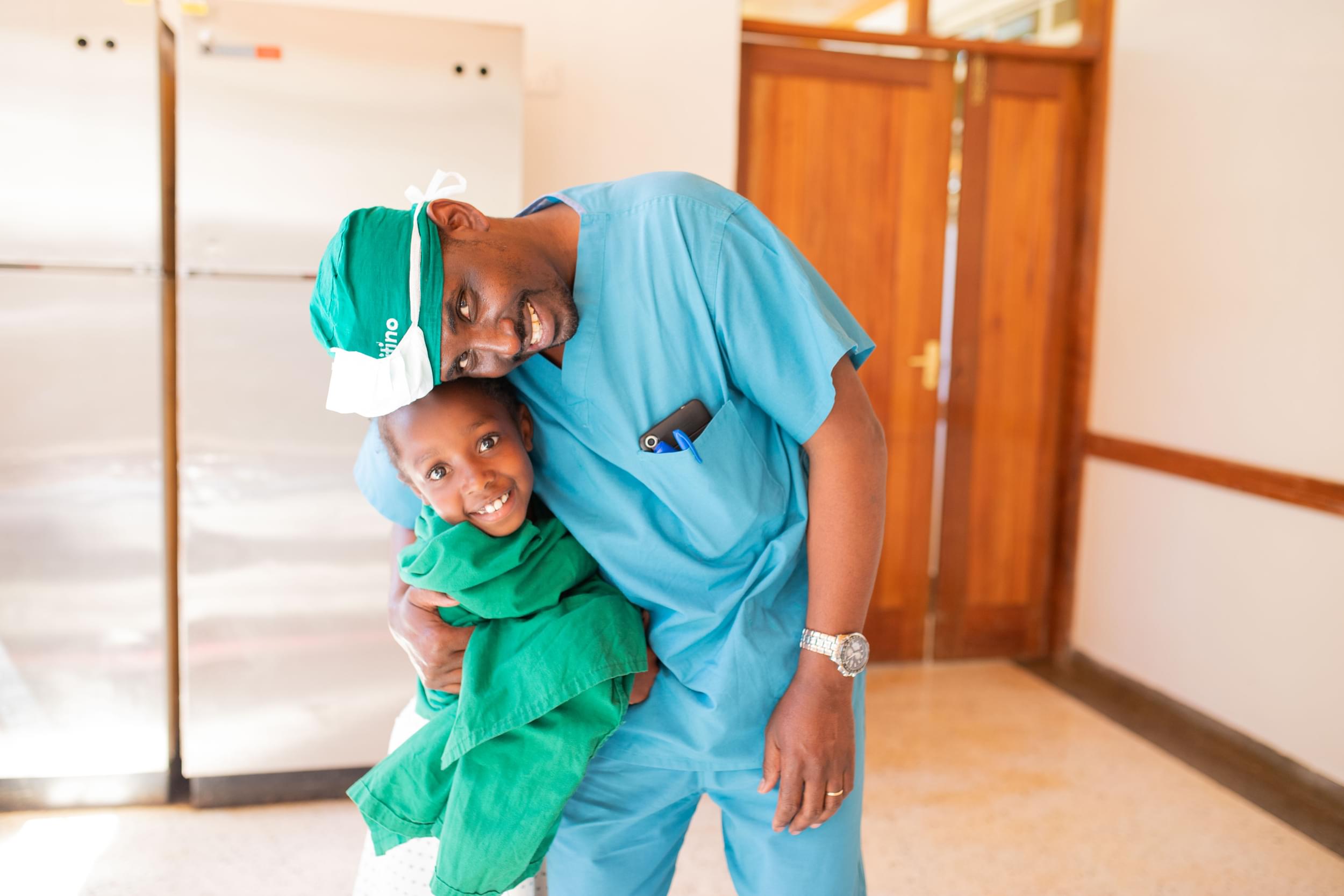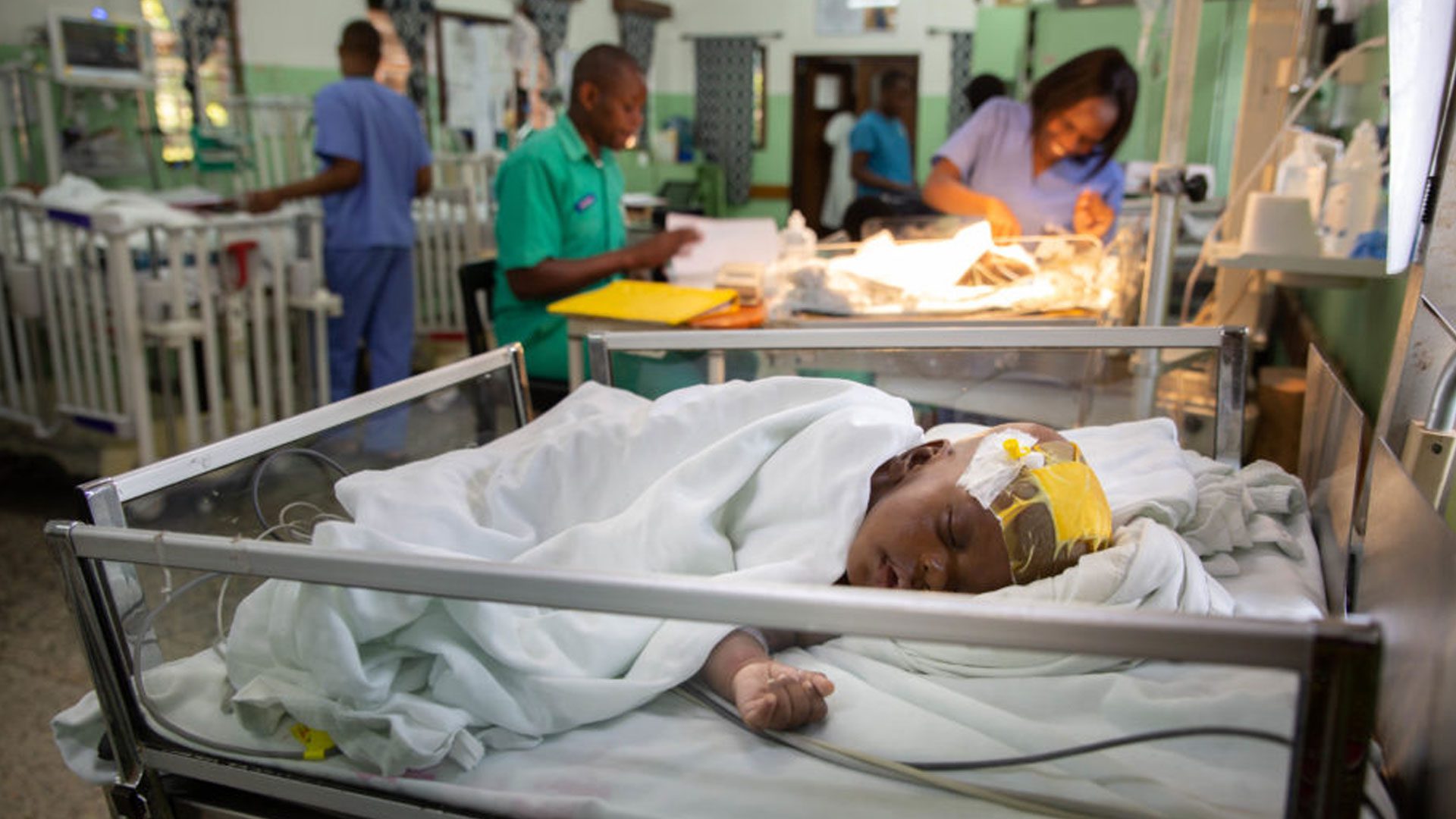Global surgery for pediatric hydrocephalus in the developing world, a review of the history, challenges, and future directions
Abstract:
Objective: Pediatric hydrocephalus is one of the most common neurosurgical conditions and is a major contributor to the global burden of surgically treatable diseases. Significant health disparities exist for the treatment of hydrocephalus in developing nations due to a combination of medical, environmental, and socioeconomic factors. This review aims to provide the international neurosurgery community with an overview of the current challenges and future directions of neurosurgical care for children with hydrocephalus in low-income countries.
Methods: The authors conducted a literature review around the topic of pediatric hydrocephalus in the context of global surgery, the unique challenges to creating access to care in low-income countries, and current international efforts to address the problem.
Results: Developing countries face the greatest burden of pediatric hydrocephalus due to high birth rates and greater risk of neonatal infections. This burden is related to more general global health challenges, including malnutrition, infectious diseases, maternal and perinatal risk factors, and education gaps. Unique challenges pertaining to the treatment of hydrocephalus in the developing world include a preponderance of postinfectious hydrocephalus, limited resources, and restricted access to neurosurgical care. In the 21st century, several organizations have established programs that provide hydrocephalus treatment and neurosurgical training in Africa, Central and South America, Haiti, and Southeast Asia. These international efforts have employed various models to achieve the goals of providing safe, sustainable, and cost-effective treatment.
Conclusions: Broader commitment from the pediatric neurosurgery community, increased funding, public education, surgeon training, and ongoing surgical innovation will be needed to meaningfully address the global burden of untreated hydrocephalus.




















